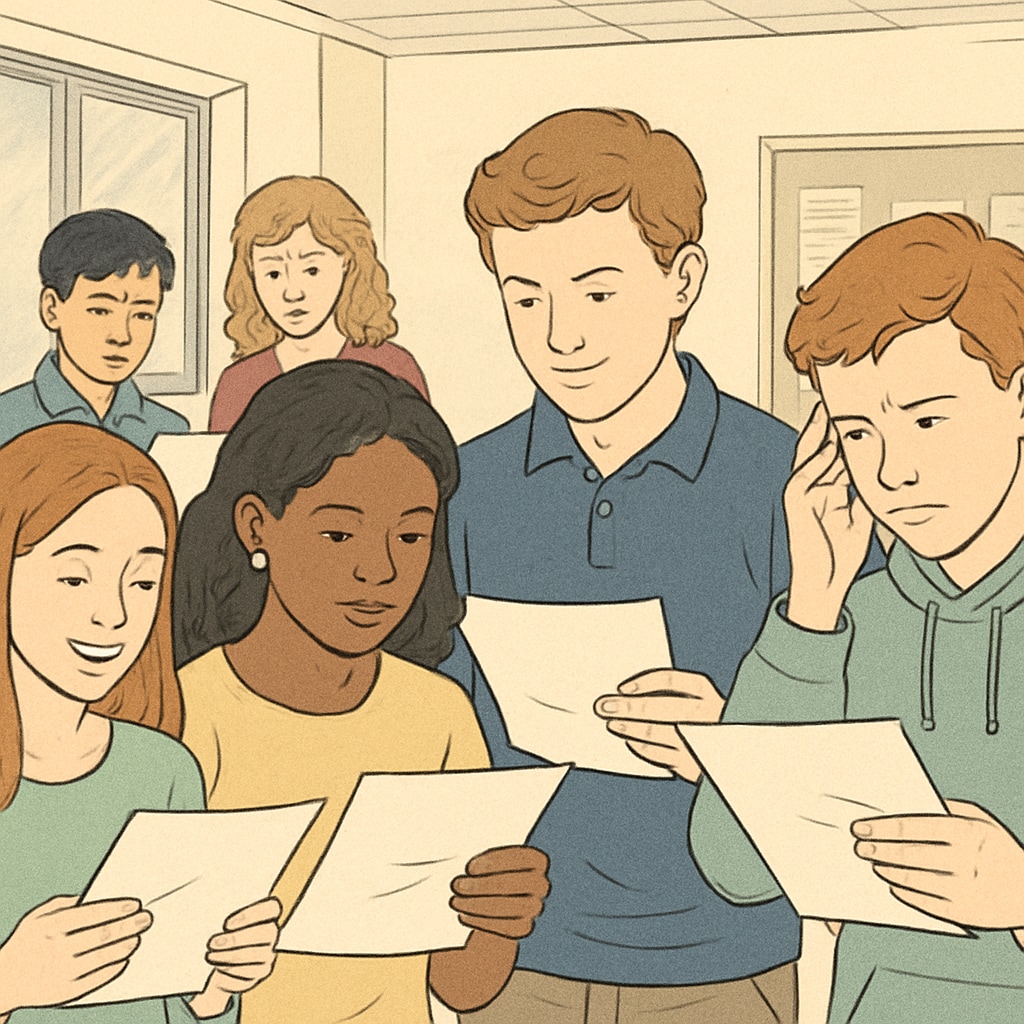The release of GCSE results often brings mixed emotions for students. For some, the grades represent hard work and success, while for others, they may fall short of expectations. This can lead to academic concerns and self-doubt, particularly in a society that places significant value on exam results. However, it’s important to remember that your future isn’t determined by one set of grades. Instead, these moments of disappointment can become opportunities for growth, self-discovery, and the pursuit of alternative pathways.
Understanding the Emotional Impact of GCSE Results
When GCSE results don’t meet expectations, students often experience a wave of emotions ranging from frustration to fear about their future. This reaction is natural, given the emphasis placed on academic performance by schools, parents, and society. Students may feel trapped in a cycle of self-doubt, questioning their abilities and potential.
Studies have shown that academic pressures can significantly affect mental health, with young people experiencing heightened anxiety during exam periods. According to research on adolescent anxiety, fear of failure is a common trigger for stress in students, often linked to the societal narrative that equates success with exam performance.

Challenging the Narrow Definition of Success
One of the main reasons GCSE results carry so much weight is the traditional emphasis on academic achievement as the primary measure of success. However, this perspective fails to account for the diverse talents and capabilities that students bring to the table. Success is not a one-size-fits-all concept, and many alternative routes lead to fulfilling and rewarding careers.
For example, vocational training, apprenticeships, and skill-based certifications provide opportunities for hands-on learning and practical experience. These pathways often suit individuals who excel in creative, technical, or interpersonal fields, allowing them to thrive outside the confines of traditional academia. According to Britannica’s overview of vocational education, these programs play a vital role in preparing students for real-world challenges.
Practical Steps to Rebuild Confidence
If you’re struggling with the aftermath of disappointing GCSE results, it’s essential to focus on rebuilding your confidence and exploring new opportunities. Here are some practical steps to consider:
- Seek Guidance: Talk to teachers, career counselors, or mentors who can help you understand your options and create a plan for the future.
- Identify Strengths: Reflect on your skills and interests to find areas where you excel, whether academic, creative, or practical.
- Consider Resits: If certain grades are crucial for your desired path, explore the option of retaking exams to improve your results.
- Explore Alternative Pathways: Research vocational courses, apprenticeships, or other educational routes that align with your goals.
- Focus on Personal Growth: Engage in activities that build resilience and self-esteem, such as volunteering, hobbies, or part-time work.

Why Your Future Is Not Defined by One Exam
It’s crucial to remember that GCSE results are just one chapter in a much larger story. Many successful individuals have faced academic setbacks, only to find their true calling in unexpected ways. Life is not a straight line, and every experience—both good and bad—contributes to personal growth and development.
Moreover, the world increasingly values skills such as creativity, problem-solving, and adaptability, which cannot always be measured by exams. Employers and educational institutions are beginning to recognize the importance of a holistic approach to evaluating potential, emphasizing qualities that go beyond grades.
In conclusion: While disappointing GCSE results can feel like a significant setback, they are not the end of the road. By embracing alternative pathways, focusing on personal strengths, and challenging societal norms around success, you can redefine your future and achieve your goals. Remember, one exam does not define your worth or potential.


